Slap of a severed hand
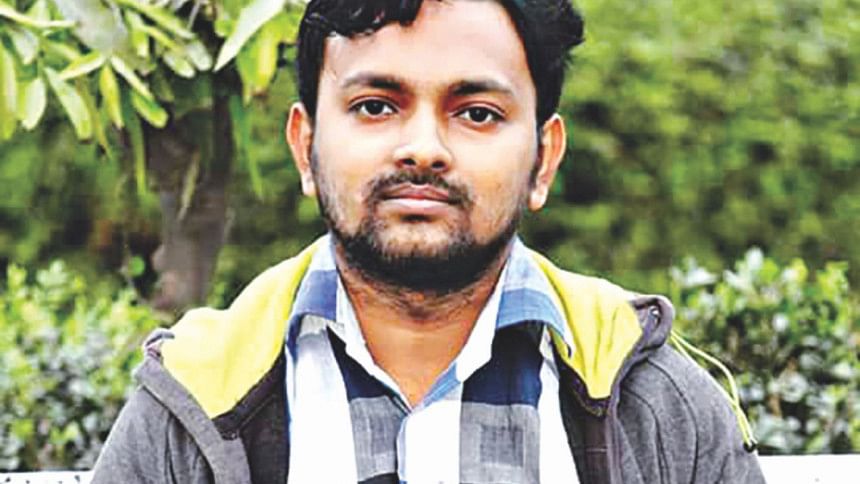
After two weeks in coma, Rajib Hossain drifted off to death yesterday. With this, the struggle he was waging ever since he became parentless at an early age came to an end.
Needless to say, the life of the Titumir College student ended quite tragically, at only 21. His two barely teenage brothers would also find themselves deeper in the abyss as Rajib won't be there anymore to work part-time and support his study as well as theirs. He would never take them out of the orphanage they live in.
Their fate was all but sealed when the right hand of Rajib was stuck between two speeding buses near the busy Sonargaon intersection on Kazi Nazrul Islam Avenue on April 3. It got crushed and severed in the process.
Death was an escape from the excruciating pain his tender body could not bear. In the end, he died of brain hemorrhage caused by the head injury he suffered in the accident, thanks to the stupid race of two irresponsible drivers.
The eternal sleep saved him from being reduced to a hapless individual from a hopeful young man. At least, he didn't have to become a burden on his dependants.
A haunting image it was: a severed hand caught between two buses. So shocking to break anybody's heart. So powerful to give a slap in the face of authorities that manage traffic. So intense to send out a wake-up call for the policy makers.
But has any lesson really been learnt from this? Has the photo, shot by Prothom Alo Joint Editor Mizanur Rahman Khan, who happened to be there by chance, made any impact at all?
A week after Rajib's accident, a bus smashed the right leg of Runi Akhter against the pavement on the same Kazi Nazrul Islam Avenue.
Runi, a university student, was working for a firm to support her education as her father's business was not going well. She was supposed to finish her MBA in a month or two and then she could try for a better job.
All her dreams have been dealt a severe blow and now her recovery is the main challenge of the family.
And for thousands of others, who commute every day in a city ruled by reckless vehicles, another tragedy is only a matter of time. Anyone can end up like Rajib or Runi anytime soon.
Dhaka traffic continues to be as chaotic as ever.
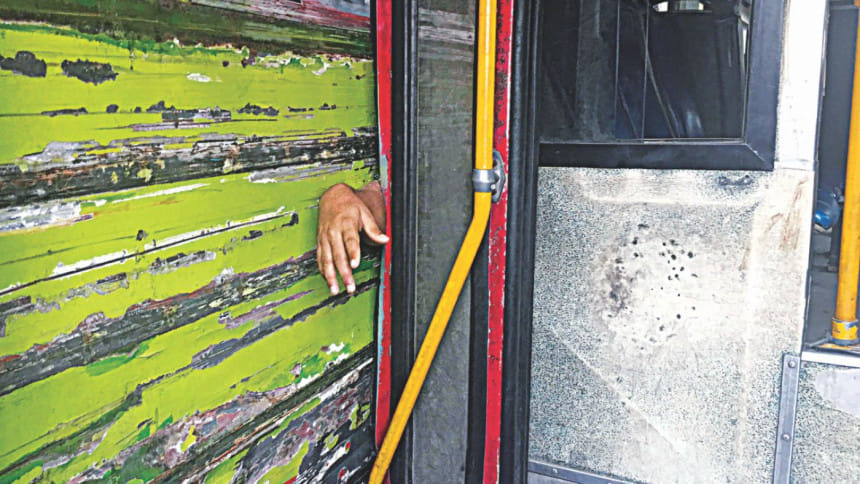
The battered and bruised bodies of vehicles on Dhaka roads bear the testimony to numerous crashes, in which Rajibs die or end up crippled for life. About 5,654 people died on Dhaka streets in 16 years, from 1998 to 2014, according to police statistics.
Meanwhile, the two drivers responsible for Rajib's death are in jail, with a Dhaka court rejecting their bail prayers and asking the government why steps should not to be taken for making the road safe for commuters.
So, what can the government actually do to make roads safe? Laws are there, aplenty in fact. Yet those are not enforced, mostly for corruption. Traffic management is there. Yet that is not effective for a densely populated city likely Dhaka. Governance is there. Yet that is designed to fail.
It is very strange, to say the least, the way the road communications are managed in Dhaka. At least half a dozen authorities are doing one thing or the other, yet no one can be held accountable solely for any job.
The Dhaka Transport Coordination Authority prepares strategic transport planning, while Roads & Highways Department, two city corporations, Local Government Engineering Department and Wasa construct roads, flyovers and drainage network. The city corporations also do the repairing and cleaning of roads, footpaths and drains.
Bangladesh Road Transport Authority (BRTA) takes care of registration and fitness clearance of vehicles and issues licence of drivers. The Dhaka Metropolitan Police manages traffic system.
So what happens when the coordination part goes missing?
An unqualified driver gets licence from BRTA in exchange for money. When caught by police, the driver gets away also in exchange for money. And when an accident takes place, no single authority can be blamed for it.
Not the engineers but the police in Dhaka are tasked with the technical job of managing traffic and the signal system. Result is what it is expected to be: failure.
In a far less crowded city like London or Mumbai, a single authority calls all the shots. But Dhaka sticks to a governance system that is being confusingly run with contributions from multiple authorities.
A single authority should have been adequately empowered to govern all the city affairs independently. And it's the policymakers who should find out who's to oversee what and how.
All the authorities here are responsible but not accountable. If sincere, the government must seriously take a look at its city governance before replying to the court about steps to make roads safe.
And if not sincere, the government should admit that lives of Rajibs are not important. They are meant to end on roads.
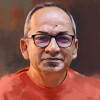
 For all latest news, follow The Daily Star's Google News channel.
For all latest news, follow The Daily Star's Google News channel. 



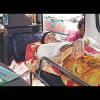
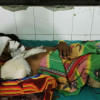
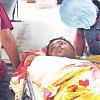

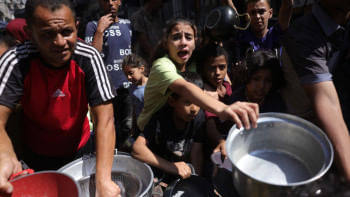
Comments